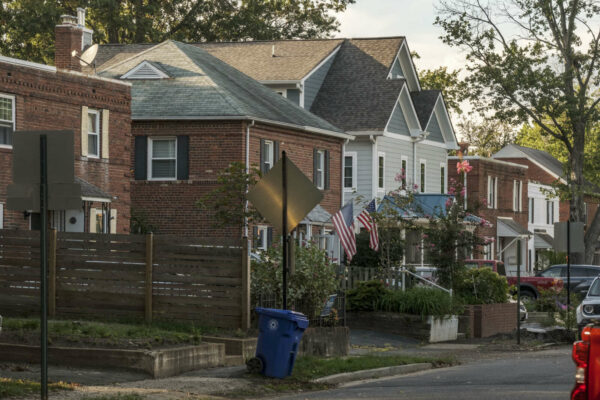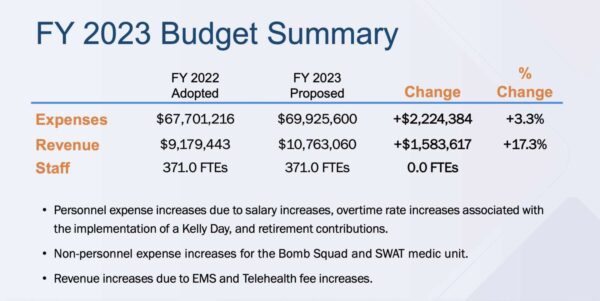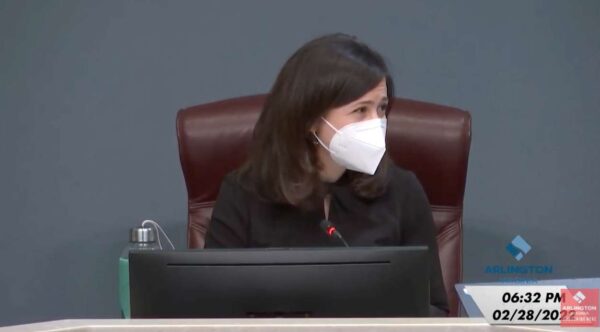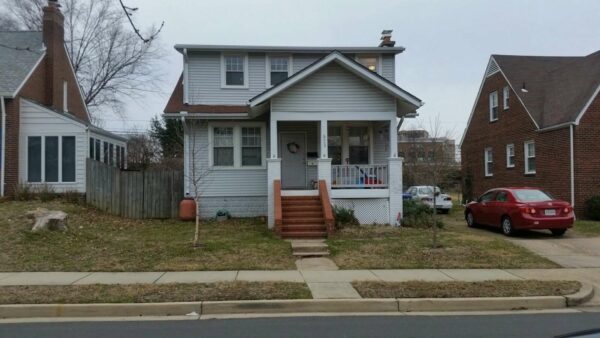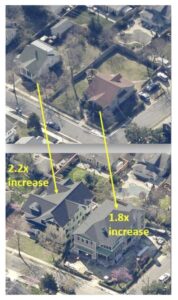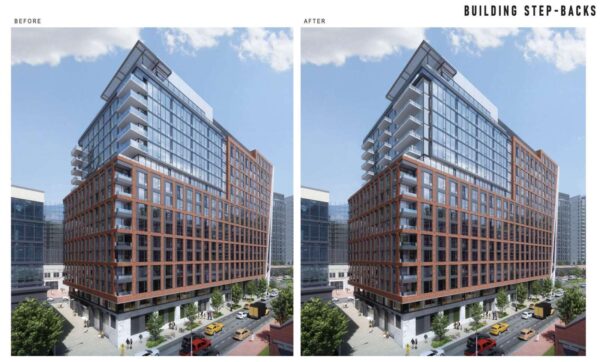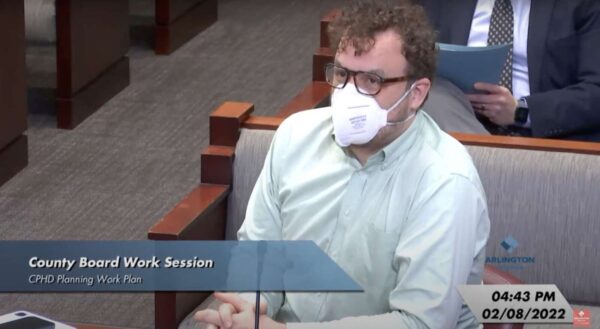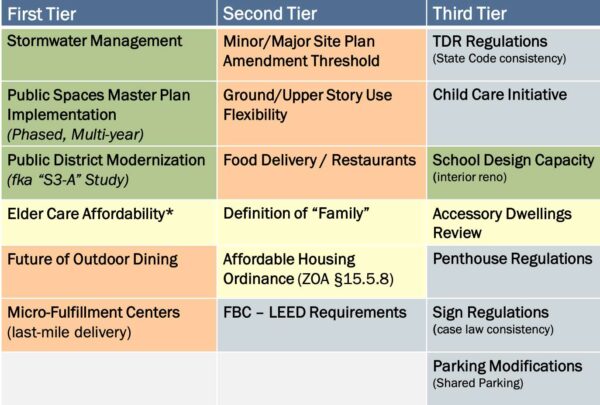
Waitlists, error messages and a call line 90 people deep thwarted Arlington residents’ attempts to enroll in spring classes through the parks department this morning (Wednesday).
The Department of Parks and Recreation offers a variety of classes in the spring, fall and winter that range from gymnastics and swimming to ceramics and jewelry making. The classes for kids are particularly popular with local parents. And registration day system failures — like those from opening day of summer camp registration — are not new for these classes, either.
Some compared the registration process to “getting front row Bruce Springsteen tickets” — to wit, “stressful and horrible.” Others likened it to the summer camp sign-up drama three weeks ago.
This happens every time. It just happened with summer camps. It is truly inequitable that parents are expected to spend 60-90 minutes while the system times out to access these classes. You have to fix this.
— Nicki (@oryelle) March 16, 2022
After summer camp registration crashed immediately upon opening the morning of Feb. 23 — despite attempts to beef up the platform in advance — parks department spokeswoman Susan Kalish said the platform vendor conducted “tests and improvements that should have resulted in a smooth registration” on Wednesday morning.
That did not happen.
“This morning, Arlington County’s Department of Parks and Recreation saw slower than desired response times for the spring ENJOY Arlington class registration,” she said. “Even though we staggered class registration start times and limited user search capabilities, our vendor’s registration system could not handle the high registration volume.”
While the number of people competing for spots was high, it was still on par with prior first-day enrollments, she said.
Registration opened for gymnastics classes at 7 a.m., aquatics classes at 7:30 a.m., and all other classes at 8 a.m. Residents reported struggling to get their preferences despite having their fingers poised over their keyboards ahead of time.
After 90 minutes, I have successfully registered two kids for swim classes on two different nights of the week, and my third child is waitlisted. 90 minutes. I was sitting in front of my computer, class numbers in hand, at 7:25am.
— Brooke Oberwetter (@brookeOB1) March 16, 2022
DPR encouraged people to call the office for assistance with registration. The line was quickly swamped with callers, and while they waited, the online platform timed people out.
The line had 79 people on hold when I tried & I was booted out of the online system at least a dozen times before I gave up. Friends report the same. This system is failing working parents and all but ensures those most in need of affordable options for their kids won’t get it.
— Maggie Bush (@dcmaggieb) March 16, 2022
Those looking to enroll in just one class said even that was impossible.
Tried to register exactly at 8 am. Only wanted 1 class. Constant error messages. Called help line. 90th in line. 40 minutes later was told over the phone we were waitlisted. System thought we were non-arlington residents even though our account address was in arlington. Very mad
— Kevin Muse (@KevinMu39953916) March 16, 2022
Following today’s issues, some repeated their calls on the parks department to fix the system, or change it to a lottery process. Under that system, parents would not have to wake up early and register at lightning speed, but it would add uncertainty to their kids’ schedules.
An unscientific ARLnow poll found 41% of respondents support a lottery system, while 58% said DPR ought to keep the current process but get better technology or a new vendor. At least one resident suggested Arlington look to the tech giant Amazon, currently building its second headquarters in Pentagon City.
Perhaps our new neighbor @amazon can do something for @ArlingtonVA taxpayers and residents by providing a registration system that is performant under high load @awscloud @amazonnews
— verycaroline (@verycaroline) March 16, 2022
Last month, Board Chair Katie Cristol issued a statement responding to and echoing parent frustrations with the process for getting into camp. She said the Board told County Manager Mark Schwartz and department leaders it expects a “full reform of registration.”
She reiterated those sentiments in a statement to ARLnow Wednesday morning.
“We’re disappointed and frustrated, and this highlights the need for the total redesign of the registration process to which DPR has committed,” she said of today’s issues.
DPR will start reviewing its processes and solutions this spring, Kalish said.
A plan for improvements to next year’s registration process could be ready by September, DPR’s Director Jane Rudolph told the County Board yesterday (Tuesday) during a work session on the upcoming 2022-23 budget.
She told the Board that preventing future breakdowns “is our highest department-wide priority.”
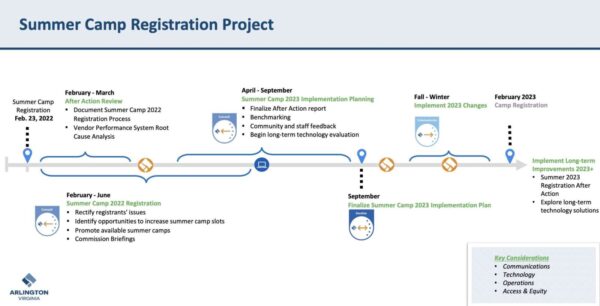
“As we know, the issue goes beyond just a technology solution,” she said. “We have a high demand and not enough supply for certain camps and for certain age groups.”
DPR is looking into increasing slots where demand is greatest: options for older toddlers and elementary school-aged kids, as well as sports and robotics programs, Rudolph said.


